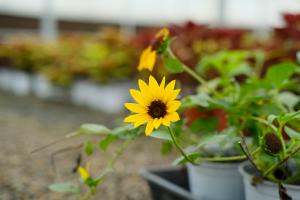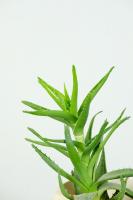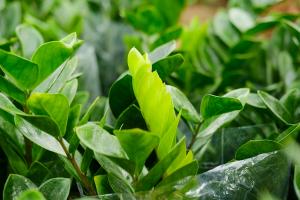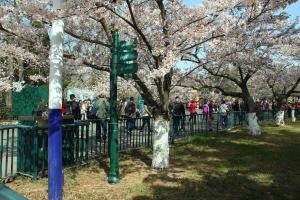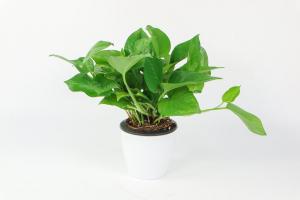What is the Best Plant Food for Magnolia Trees?
Magnolia trees are a stunning addition to any landscape, with their large, fragrant flowers and broad, glossy leaves. However, to keep these trees healthy and thriving, it's important to provide them with the appropriate nutrients. But what is the best type of plant food for magnolia trees? Let's explore some top options for fertilizing these beautiful trees.
Organic Fertilizers
Organic fertilizers are a popular choice for those looking to avoid synthetic chemicals in their gardens. These fertilizers are often comprised of animal or plant matter, such as manure, bone meal, or compost. When it comes to magnolia trees, organic fertilizers are a great choice because they provide a slow-release source of nutrients that will feed the tree over an extended period of time. Look for an organic fertilizer with a balanced N-P-K ratio, such as 4-4-4, to promote healthy growth.
Chemical Fertilizers
If you're looking for a quicker, more targeted approach to feeding your magnolia trees, chemical fertilizers may be the way to go. These fertilizers are often made up of concentrated minerals, such as nitrogen, phosphorous, and potassium, and can be applied directly to the tree's roots. While chemical fertilizers can lead to faster growth, they don't provide the long-term benefits of organic fertilizers and can actually harm the soil over time. If you do decide to use chemical fertilizers, be sure to follow the package instructions carefully and avoid over-applying the product.
Epsom Salts
Epsom salts, which are actually made up of magnesium and sulfate, can be a great supplement to your magnolia tree's regular fertilization routine. Adding Epsom salts to the soil can help improve the tree's ability to absorb nutrients, as well as prevent yellowing leaves and improve overall growth. You can apply Epsom salts by mixing one tablespoon of the salts with one gallon of water and pouring the mixture onto the soil around the tree's roots.
Compost Tea
Compost tea is a liquid fertilizer that is made by steeping compost in water over a period of days. This process creates a nutrient-rich, microbial-filled liquid that can be applied to plant roots. Compost tea is a great choice for magnolia trees because it provides a slow-release source of nutrients while also improving soil health. To make compost tea, simply fill a bucket with water, add a shovel-full of compost, and let it sit for three to four days before applying it to the tree's roots.
Conclusion
When it comes to choosing the best plant food for your magnolia trees, there are several options to consider. Organic fertilizers provide slow-release, natural nutrients, while chemical fertilizers offer a quicker but less sustainable approach. Adding Epsom salts or compost tea to your fertilizer regimen can also provide additional benefits. Ultimately, the best choice will depend on your personal preferences and the specific needs of your tree. Whatever fertilizer you choose, remember to always follow the package instructions and avoid over-applying the product to prevent damage to your magnolia tree and its surrounding environment.

 how many times do yo...
how many times do yo... how many planted tre...
how many planted tre... how many pine trees ...
how many pine trees ... how many pecan trees...
how many pecan trees... how many plants comp...
how many plants comp... how many plants can ...
how many plants can ... how many plants and ...
how many plants and ... how many pepper plan...
how many pepper plan...
